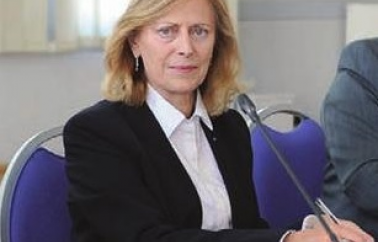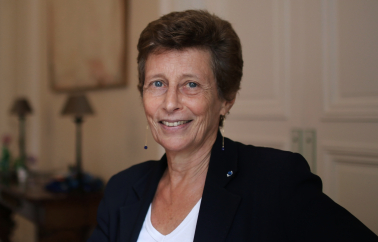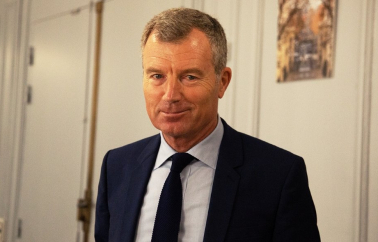
Consequences of the war in Ukraine on vulnerable minors - by Nicole Isnard, Prefect, Vice-President of the ACPHFMI, in charge of external relations - France
Consequences of the war in Ukraine on vulnerable minors - by Nicole Isnard, Prefect, Vice-President of the ACPHFMI, in charge of external relations - France
The consequences of the war in Ukraine, in Europe, necessarily have repercussions on families and on the most vulnerable minors; these are exposed to images, articles and propaganda on the Net.
In order to prevent any misunderstanding of the situation and the facts, it is desirable to contribute, in schools as well as in the structures of animation and prevention, to the transmission of understanding and values of peace and freedom carried by the countries of Europe.
France thus has 12.8% of NEET (Neither in Employment nor in Education or Training) or 1.4 million young people aged 15 to 29, the European Union an average of 13.1%; the lowest NEET rates are in Sweden (6%) and the Netherlands (5%). The highest rate is in Italy, 23.1%. That is to say, in total, in the European Union, a proportion of young people particularly weakened and exposed, led by their isolation to a lasting rupture of social and institutional ties, vulnerable to pro-war and pro-Russian propaganda.
In order to introduce clear and reasoned information about the conflict to these young people, the civic education actions for citizenship, which appeared in the European Urban Charter adopted in 1992 by the Council of Europe, can be used appropriately.
In France, since the 1970s, a so-called primary prevention strategy has evolved and concerns minors from 10-12 years old; it is drawn up in consultation between State services (prefectures), justice and cities as well as specialized associations. In 2023, the interministerial fund for the prevention of delinquency and radicalization will be endowed with 82 million euros in France. In particular, it finances educational actions in the critical reading of information on the Net, useful for analyzing the Russian-Ukrainian conflict.
Within the EU these actions fall under the JHA pillar and the countries all have similar policies. Thus, in Germany, it is the Lander who carry out this civic education; beyond associations labeled as City policy, moral and civic education also takes place in school structures; in France, from primary school, then in college and high school.
In some European countries, this policy is less structured, it would undoubtedly deserve to be in the current context.



